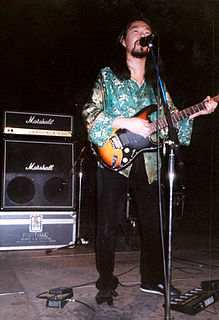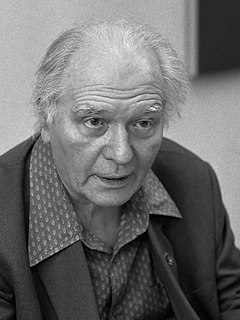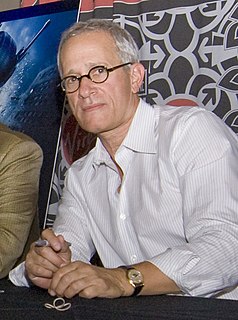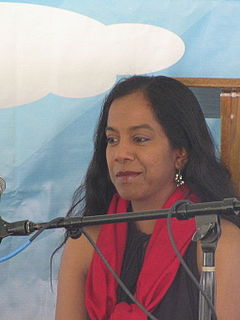A Quote by Charles Ives
In some century to come, when the school children will whistle popular tunes in quarter-tones--when the diatonic scale will be as obsolete as the pentatonic is now--perhaps then these borderland experiences may be both easily expressed and readily recognized. But maybe music was not intended to satisfy the curious definiteness of man. Maybe it is better to hope that music may always be transcendental language in the most extravagant sense
Related Quotes
I would be happy if I could meet some musicians interested in different acoustics and traditional music. Maybe I will find some Native American or Latin tunes. Anything. Even maybe a great heavy metal guitar player or drummer, and we can do something wild together. My next step is making more music without formats or borders. Not just simple songs or doing covers, but music with more ideas. I think it will again be a synthesis with something else.
You will have significant experiences. I hope that you will write them down and keep record of them, that you will read them from time to time and refresh your memory of those meaningful and significant things. Some may be funny. Some may be significant only to you. Some of them may be sacred and quietly beautiful. Some may build one upon another until they represent a lifetime of special experiences.
If you will not fight for right when you can easily win without bloodshed; if you will not fight when your victory will be sure and not too costly; you may come to the moment when you will have to fight with all odds against you and only a precarious chance of survival. There may be even a worse fate, you may have to fight when there is no hope of victory, because it is better to perish than to live as slaves.
Music is so clearly a commodity now. At one point, maybe 20 years ago, there were still some rumblings about keeping the really sacred American popular music out of the hands of corporate advertisers. And those walls have come down, but now I think the logical reaction to that is that you just start making your own music.
Let there be music in the home. If you have teenagers who have their own recordings, you will be prone to describe the sound as something other than music. Let them occasionally hear something better. Expose them to it. It will speak for itself. More of appreciation will come than you may think. It may not be spoken, but it will be felt, and its influence will become increasingly manifest as the years pass.
I do not come into this pulpit hoping that perhaps somebody will of his own free will return to Christ. My hope lies in another quarter. I hope that my Master will lay hold of some of them and say, "You are mine, and you shall be mine. I claim you for myself." My hope arises from the freeness of grace, and not from the freedom of the will.
Conventions of generality and mathematical elegance may be just as much barriers to the attainment and diffusion of knowledge as may contentment with particularity and literary vagueness... It may well be that the slovenly and literary borderland between economics and sociology will be the most fruitful building ground during the years to come and that mathematical economics will remain too flawless in its perfection to be very fruitful.
Love is like grass. If you fall on it, it may leave a stain and some temporary pain. But you'll get over the pain, it will eventually stop hurting. Now maybe the stain ruined your favourite pair of jeans, or maybe it was nothing special that was ruined, but either way the stain remains there. And with time, it will begin to fade, but it will always be there, a permanent reminder that you, too, once fell.
Diatonic, he heard the word in his head. Chromatic, pentatonic, hexatonic, heptatonic, octatonic, each iteration of the scale opening innumerable possibilities for harmony. He thought about the Pythagorean major third, the Didymus comma, the way the intervals sound out of tune rather than as though they were different notes. This, he thought, was where his brilliance at mathematics bled into his love of music; music was the realm in which his mathematical brain danced.






































